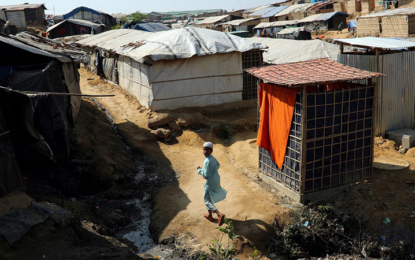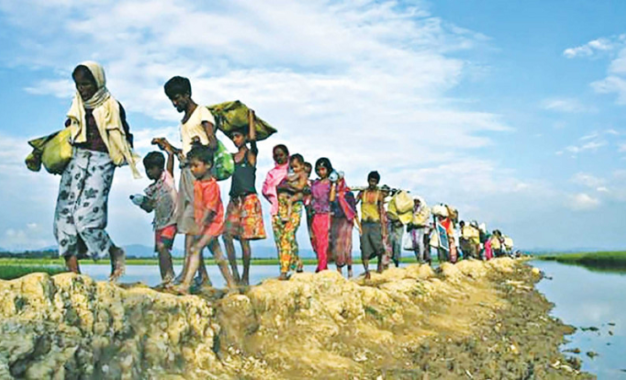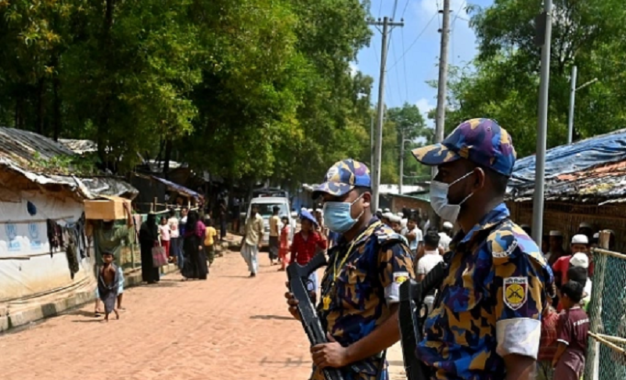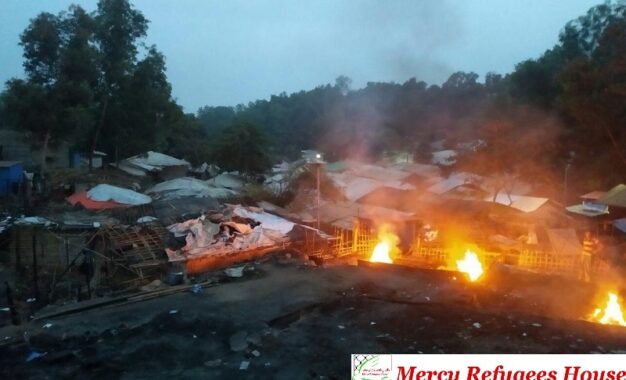Latest News
Rohingya Refugees Brace for a New Deadly Threat—Coronavirus
Bangladesh, Human Rights, Myanmar, Refugees Issues
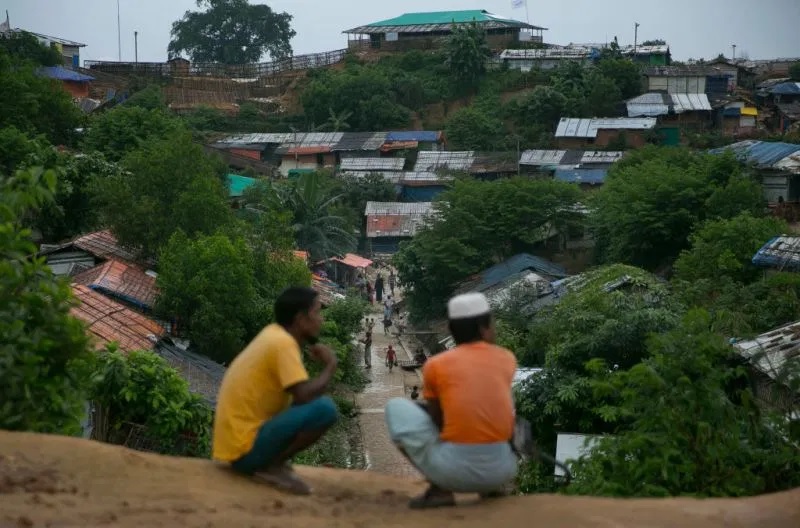
In the largest refugee settlement on earth, we are holding our breath
On March 24, Cox’s Bazar, Bangladesh confirmed a COVID-19 case. It’s now just a matter of time before the outbreak reaches the nearby camps, where hundreds of thousands of Rohinyga refugees like myself are living.
Having already endured a brutal military crackdown and displacement from our homes in Myanmar, we now face the prospect of further, protracted devastation.
A vaccine does not yet exist and could take a year or more to become available, meaning that the scourge of COVID-19 could circulate in the bustling confines of the camps for months.
ALSO READ THIS: Bangladesh: ‘Restrictions on Rohingya raise virus risk’
Social distancing, self-isolation and quarantine are fantasies for Rohingya refugees like me. My family of seven lives inside a 5-meter (16-foot) tarpaulin structure. Such flimsy shelters are the norm in the camps here, which have an average density of more than 100,000 people per square mile.
What makes matters worse is that we rely on aid for survival. People here do not have access to income, and so cannot afford the most basic materials needed to prevent the spread of coronavirus, such as face masks and soap. In the camps, dozens of people share a hand-pump and toilet. Hygiene is a luxury.
Bangladesh, which has recorded 56 cases of the virus and six deaths throughout the country, has imposed a lockdown on Cox’s Bazar, including on the camps.
Amazon Sponsorship
Recent Posts
Jul 29, 2023
It has been close to six years since hundreds of thousands of Rohingya faced a deadly genocide by Myanmar’s military and fled the country in search of protection and refuge in neighbouring Bangladesh. The Rohingya population has been undergoing persecution, discrimination, arbitrary arrests, and atrocities in Myanmar for over seven decades. Their condition is alarmingly […]


